DHAKA, June 24 (V7N) – The Anti-Corruption Commission (ACC) of Bangladesh announced today that it will consult with Interpol regarding action against British Labour MP Tulip Siddiq, whom it considers a "warrantee and an absconder" in connection with corruption cases in Bangladesh.
ACC Chairman Mohammad Abdul Momen, speaking to journalists at the anti-graft body's headquarters in Segunbagicha, firmly rejected any notion that the cases against Siddiq are politically motivated. "We have repeatedly told that the case against Tulip Siddiq is not a political or intentional case," Dr. Momen stated. "She is an accused among many others, and it is clear that she is a Bangladeshi citizen."
Siddiq, who is the niece of ousted Prime Minister Sheikh Hasina, is facing multiple corruption charges in Bangladesh, including allegations of unlawfully acquiring a luxury flat in Dhaka's Gulshan area without payment and using influence to secure land allocations. A Dhaka court issued an arrest warrant against her on April 13, 2025, after the ACC filed a criminal charge sheet.
Dr. Momen emphasized that legal proceedings must be followed. "It is not expected that the case would be settled after getting letters from her," he said, in reference to recent correspondence from Siddiq's legal representatives. "One should face in the court if any case is registered. If anybody has any allegation against anyone, he or she should go to the court."
He dismissed any claim that Siddiq could be relieved from the charges merely by sending a letter and not receiving a reply within a specific timeframe, calling it "farcical." Urging Siddiq to face the case, the ACC chief added, "I believe that she must be respectful to the law. She must have to face the case in accordance with the law of Bangladesh."
Dr. Momen reiterated that the ACC's rules of procedure preclude political cases. He underscored that Siddiq holds a Bangladeshi national identity card and Tax Identification Number (TIN), and has submitted tax returns to the National Board of Revenue (NBR), solidifying her status as a Bangladeshi citizen in the eyes of the ACC. "That is why we filed case in Bangladesh as it's a matter of Bangladesh," he concluded.
The ACC's move to consult Interpol indicates a potential request for an Interpol Red Notice, which would be a global alert to seek the location and arrest of a person wanted for prosecution or to serve a sentence. While Interpol cannot compel member countries to arrest individuals, a Red Notice can significantly restrict international travel and trigger formal engagement by host governments. The United Kingdom, where Siddiq is a Member of Parliament, has no extradition treaty with Bangladesh, but cooperation through Interpol remains a possibility.
Siddiq, who resigned from a junior ministerial post in the UK government earlier this year amid scrutiny over these allegations, has consistently denied the charges, describing them as a "politically motivated smear campaign" aimed at interfering with UK politics and damaging her reputation. Her lawyers have claimed that the ACC has failed to provide concrete evidence to support its allegations.





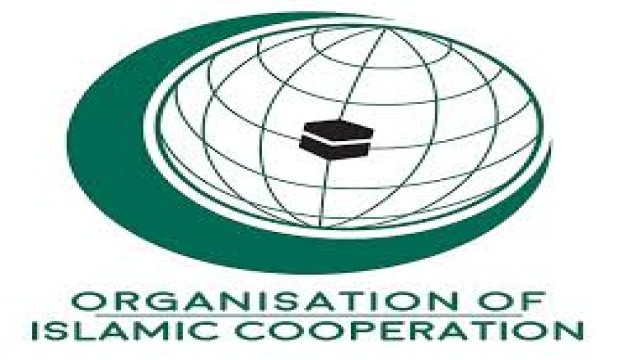
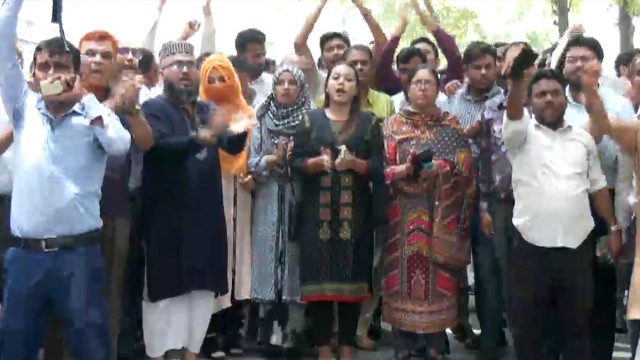
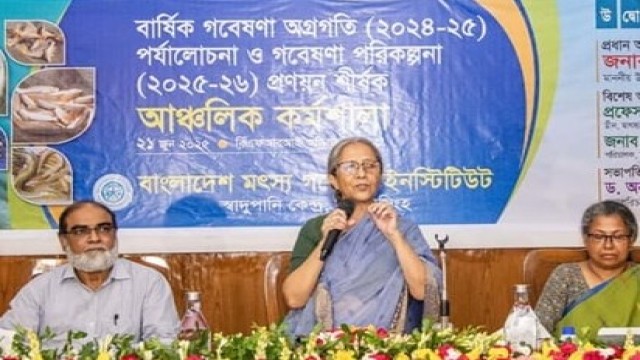

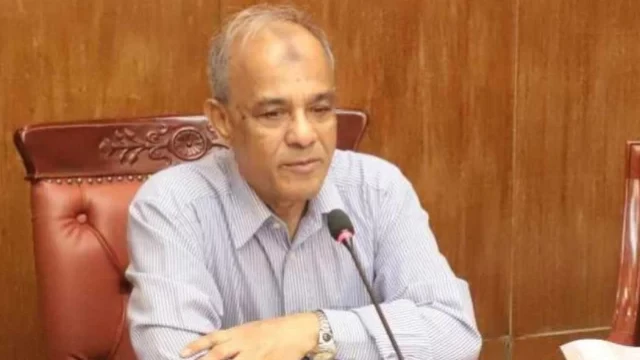



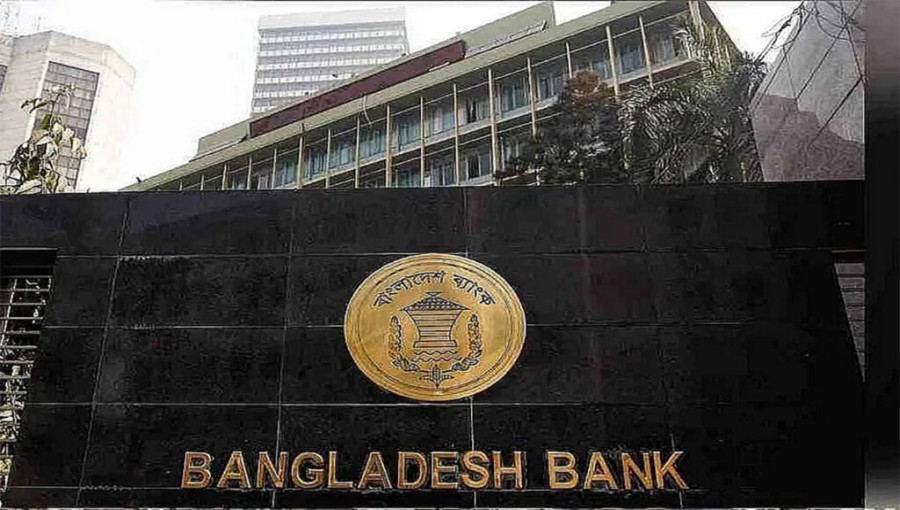
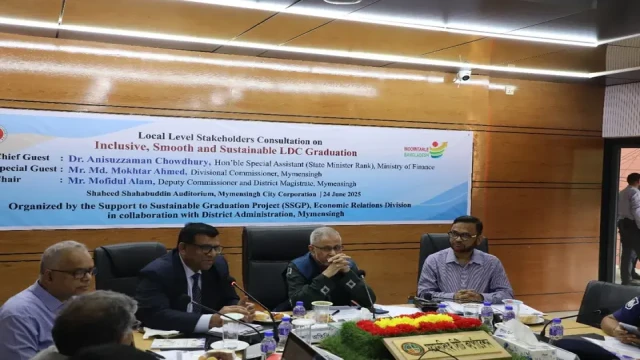


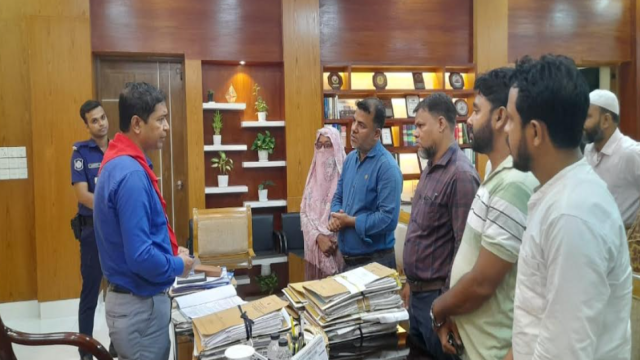





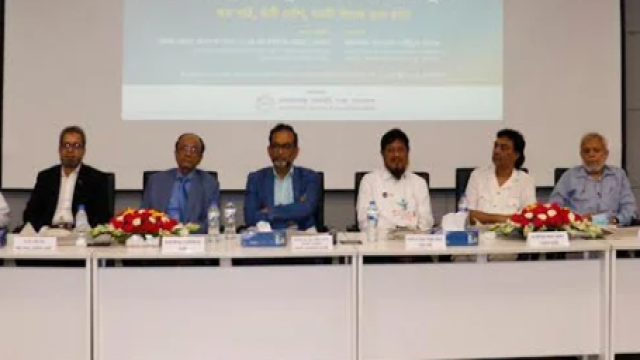

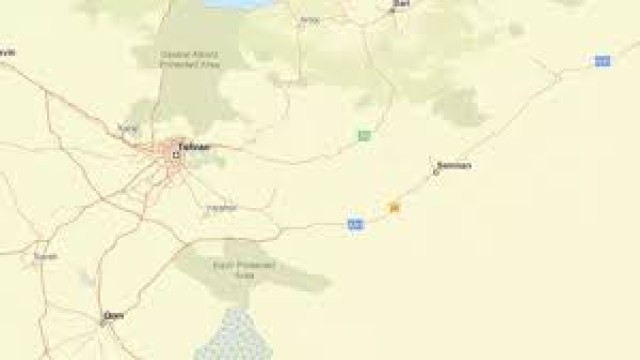





Comment: